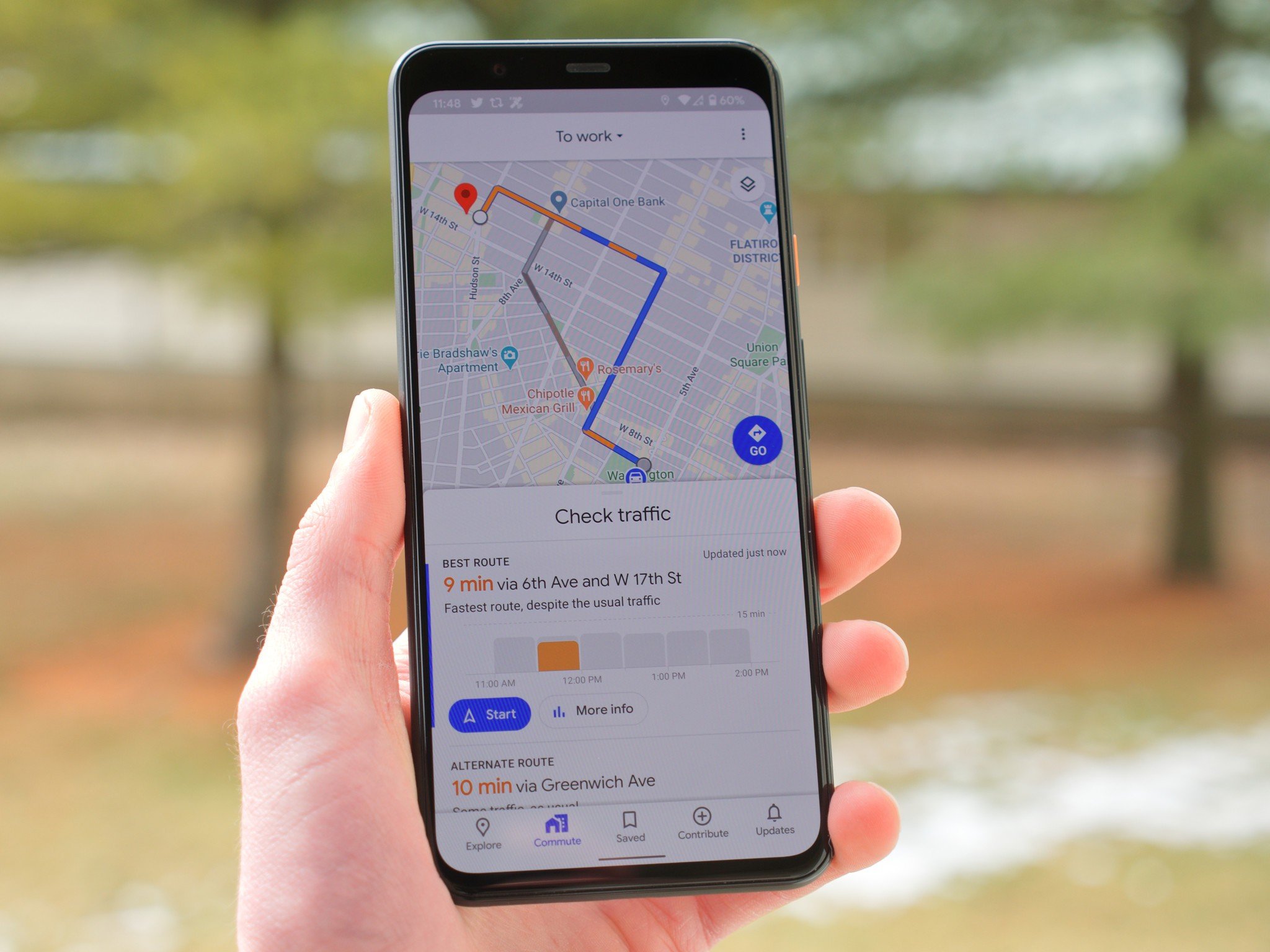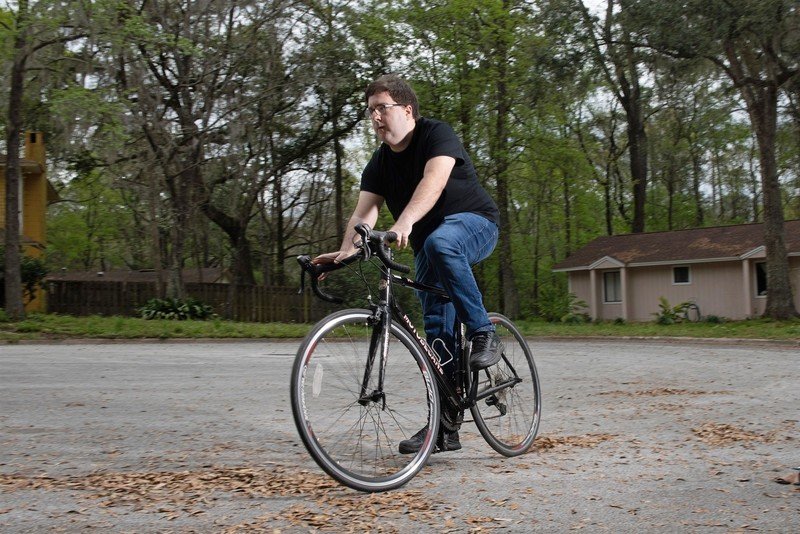Law Enforcement is abusing our location data and it's causing more harm than good

Zachary McCoy enjoys riding his bike. It's a great way to get a little fresh air and exercise, and millions like him do the same. McCoy also, like many other people, uses an app to keep track of his bike rides, and this put him in the crosshairs of Gainsville, Florida police as a suspect in a crime he didn't commit. Welcome to geofence warrants.
McCoy was able to "fix" his issues with the police after spending a few thousand dollars to hire a lawyer, and as luck would have it the same location tracking that pushed him forward as a burglary suspect ended up clearing him.
When you share anything with anyone (or any company), it is no longer private. But that doesn't mean it shouldn't be protected.
McCoy used the Runkeeper app to track his bike rides. Apps that need to track your location in a timeline use the sensor and location information from your phone to track your every move while they are open, and because of the way location services are centralized, the requests all go through Google.
The police know this and can request anonymous data from Google about every device that's been within a certain distance of a crime. The law says Google must comply with these broad warrants, and raw data is handed over for someone working for or with law enforcement to pore through. If that person sees anything that they think needs further investigation, warrants are served to Google for account data that's not sanitized and anonymous. Google's policy is not to release any data before a customer is informed and has a chance to respond.
Google will not release your account details until you've had time to respond to any warrants.
That's what saved McCoy — he received an email from Google letting him know that local police had requested his account data and that he only had seven days before Google would be forced to release it. Some of his own sleuthing and a case number got the ball rolling, and he was able to determine that a burglary had happened close to his home and at a place where he frequently rode past on his bike.

Police were only interested in the location data at and around the time of the crime. Still, McCoy's lawyer was able to show that there was a long history of riding his bike past the crime scene, which shows his proximity to the crime scene wasn't any evidence of wrongdoing; it was just where he rode his bike.
McCoy got lucky, but only after he was forced to spend money to prove he hadn't done anything. That's not how justice is supposed to work, where we are innocent until proven guilty. And at the heart of it all is the geofence warrant. Police simply ask Google (and Facebook, and Apple, and Microsoft) for records of every machine that was in the wrong place at the wrong time, thus casting a vast net to try and scoop up everything.
Be an expert in 5 minutes
Get the latest news from Android Central, your trusted companion in the world of Android
Last night Google filed a brief in a Virginia courthouse explaining how it feels about police using "geofence" warrants to suck up people's phone location data to find a criminal suspect. Here's what it said. (Our original story on the case: https://t.co/zI6WoKir4V)Last night Google filed a brief in a Virginia courthouse explaining how it feels about police using "geofence" warrants to suck up people's phone location data to find a criminal suspect. Here's what it said. (Our original story on the case: https://t.co/zI6WoKir4V)— Jon Schuppe (@jonschuppe) December 21, 2019December 21, 2019
Google told NBC news that geofence warrants have increased by over 2,000% since 2017. That's not a typo — two-thousand percent. Law enforcement has figured out a lazy shortcut to police work, and as we see with McCoy's case and others like it, innocent people are at risk because of these warrants.
There is nothing Google can do to stop the practice, and if you like to use any sort of mapping application, there's not much you can do either. Your only option is to periodically delete all location data from your Google account and from any apps that may be using it, but then why use an app to track your progress in the first place if you're just going to delete that progress so you don't become a victim?
The solution is actually easy — stop issuing broad geofence warrants.
The solution is putting a stop to these overly broad and seemingly unconstitutional fishing expeditions. Sometimes, a closer look at an account can help solve a crime. Sometimes, an innocent person is forced to spend money and time to clear their name even though they've done nothing wrong.
More: How to automatically delete Web & App Activity
Google gives you the tools to erase your location history, and it's something you probably should start regularly doing. And if you enjoy using an app like Runkeeper, well, sorry, but you should probably stop using them since we live in what's slowly becoming a police state where you're numbered and tracked from the cradle to the grave.
You can contact your congressional representative here and tell them that geofencing warrants need to stop.

Jerry is an amateur woodworker and struggling shade tree mechanic. There's nothing he can't take apart, but many things he can't reassemble. You'll find him writing and speaking his loud opinion on Android Central and occasionally on Threads.
